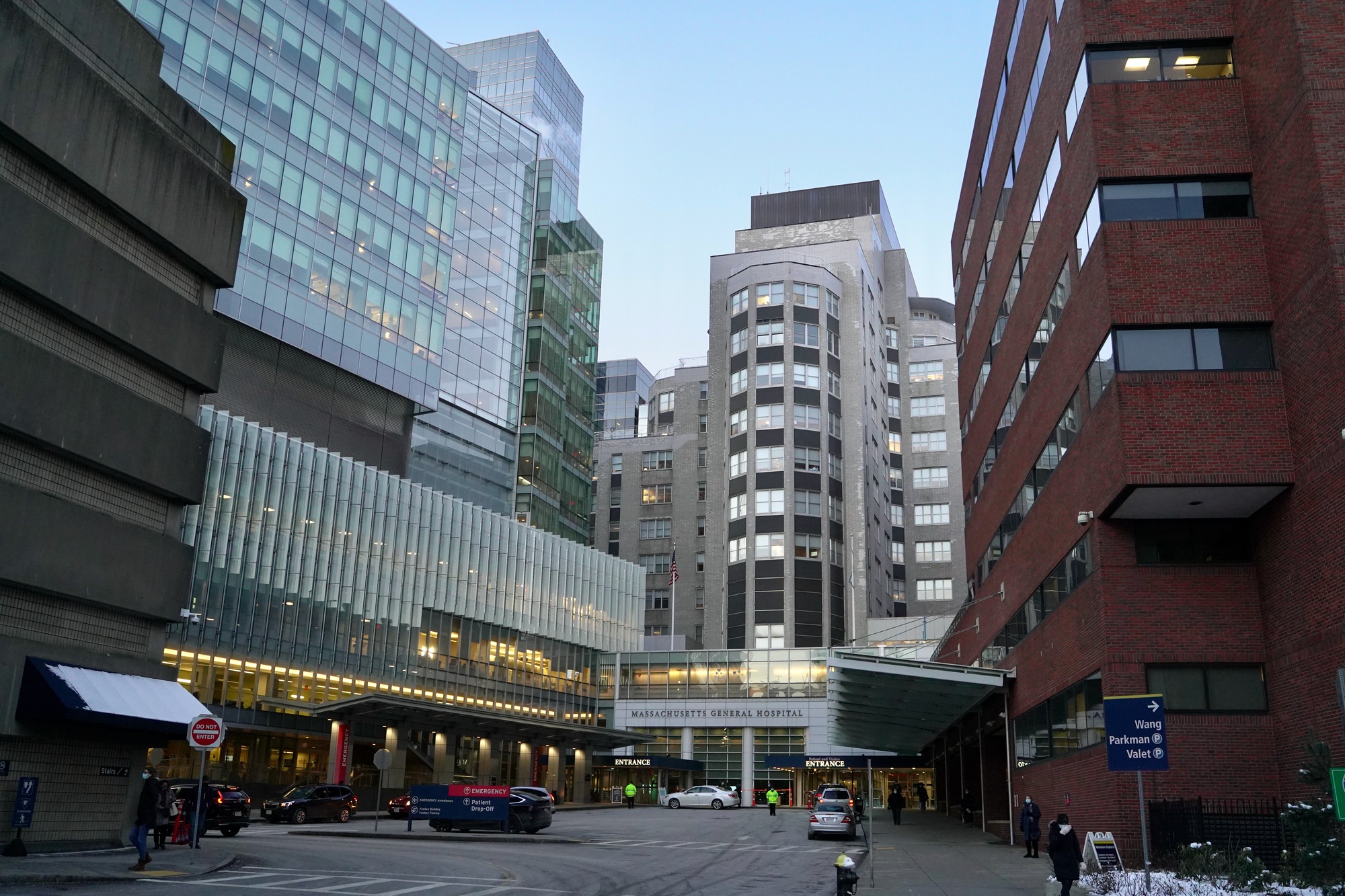‘This Is Our Fight Against Cancer’: Researchers Find HIV Drug Promising for Cancer Treatment | News
Harvard researchers at Massachusetts General Hospital found that lamivudine, a commonly used drug for HIV treatment, showed promise in fighting metastatic colorectal cancer.
The trial — detailed in a March paper published in Cancer Discovery, an academic journal — found that more than 25 percent of 32 patients treated with lamivudine had disease stability, giving researchers hope the medication could be used to treat other types of epithelial cancers, such as breast and prostate cancers.
David T. Ting of Mass General Cancer Center, co-senior author of the study and assistant professor at Harvard Medical School, said the study began 10 years ago when he and his team found that “repetitive [genetic] sequences” were “massively expressed” in mouse tumors.
They found that these repeating sequences — previously thought of only as “junk DNA” — were in fact indicative of cancer cells.
“Our lab had found that, like HIV, these things replicated through reverse transcription,” he said.
Ting said this early discovery of the key role of this “junk DNA” was “an accident,” after which Ting began to theorize about the potential of reverse transcription inhibitors like those in lamivudine to disrupt this replication.
Co-author Benjamin D. Greenbaum, a researcher at Memorial Sloan Kettering Cancer Center, noted that the HIV drug created molecules that “perhaps enabled the immune system to see the cancer better.”
Researchers now hope to apply these findings to advance cancer treatment by using reverse transcriptase inhibitors and targeting cancers beyond colorectal cancer.
Ting said he hopes the trial will enable researchers to make better drugs to treat different types of cancer.
“Can we use two or three reverse transcriptase inhibitors at the same time?” asked Ting. “These are the things we would hope to do and hope we can do it in a bigger trial of funding.”
Greenbaum, who focused on the computational biology side of the research, said the findings were “an amazing moment” for researchers on both the clinical and computational sides.
“This is an example of the kind of things that can come from interdisciplinary collaborations between institutions,” he said.
But Ting noted that while the results of the trial were promising, further research is needed on the impact of HIV drugs on cancer treatments.
“Do we have the next aspirin for cancer or Lipitor for cancer? I don’t know. I really hope.” Ting said, referring to the success these drugs have had in preventing cardiovascular disease.
“I hope that one day cancer will not affect my children,” he added. “But that’s just a dream—we’ll see.”


Comments are closed.